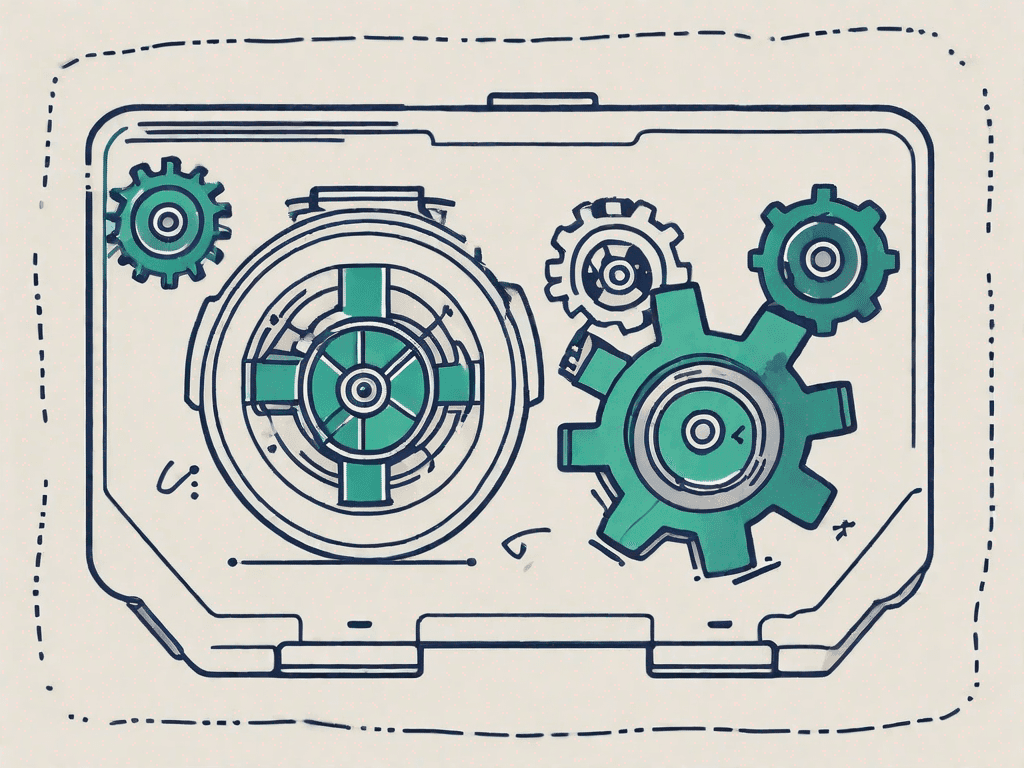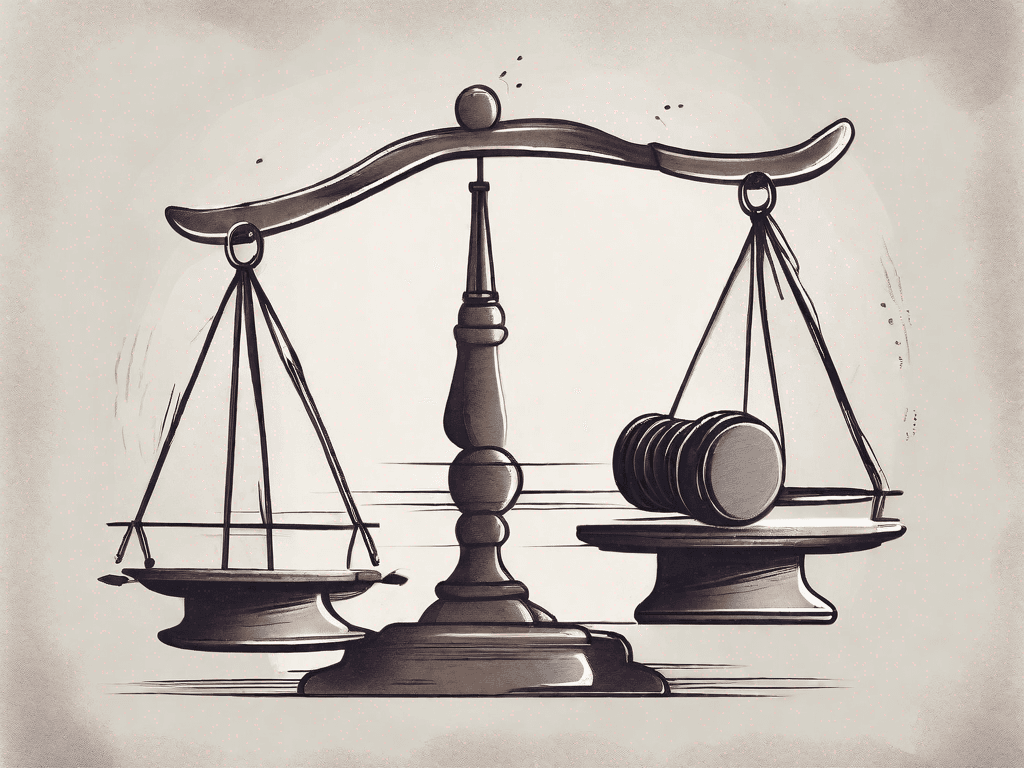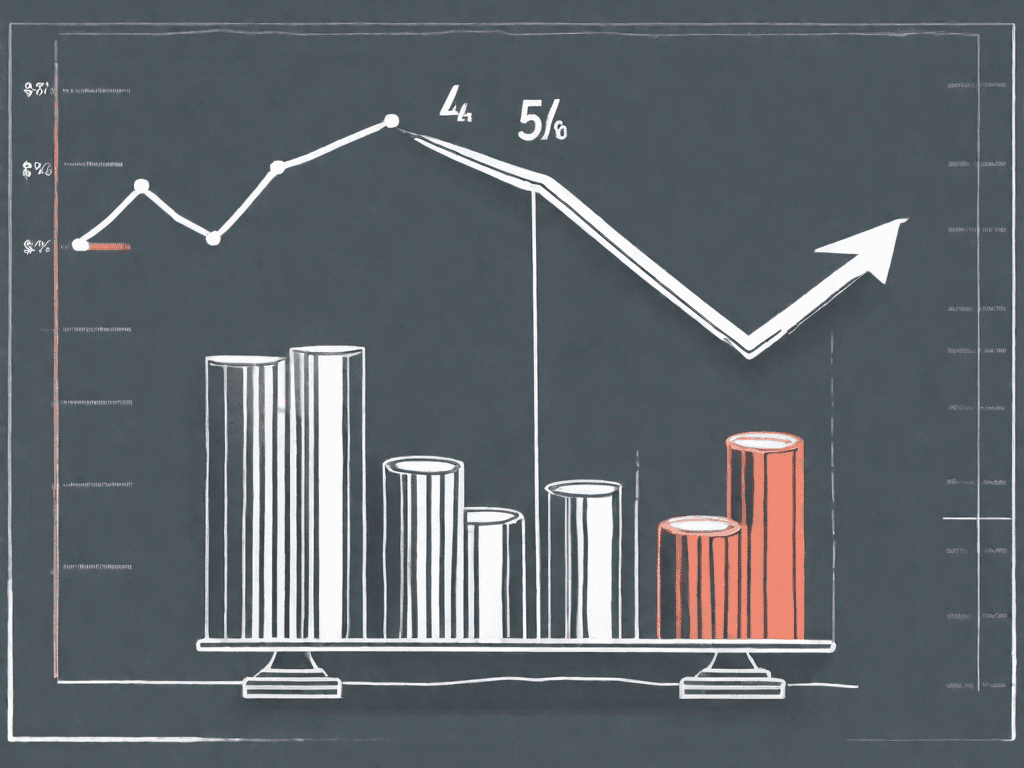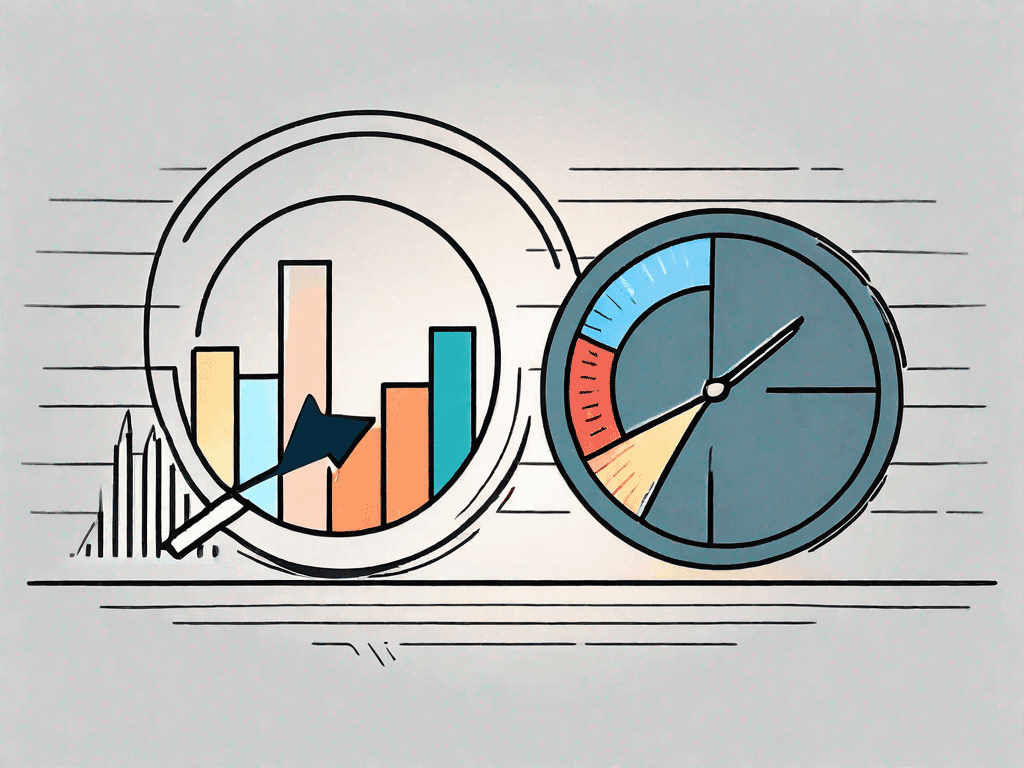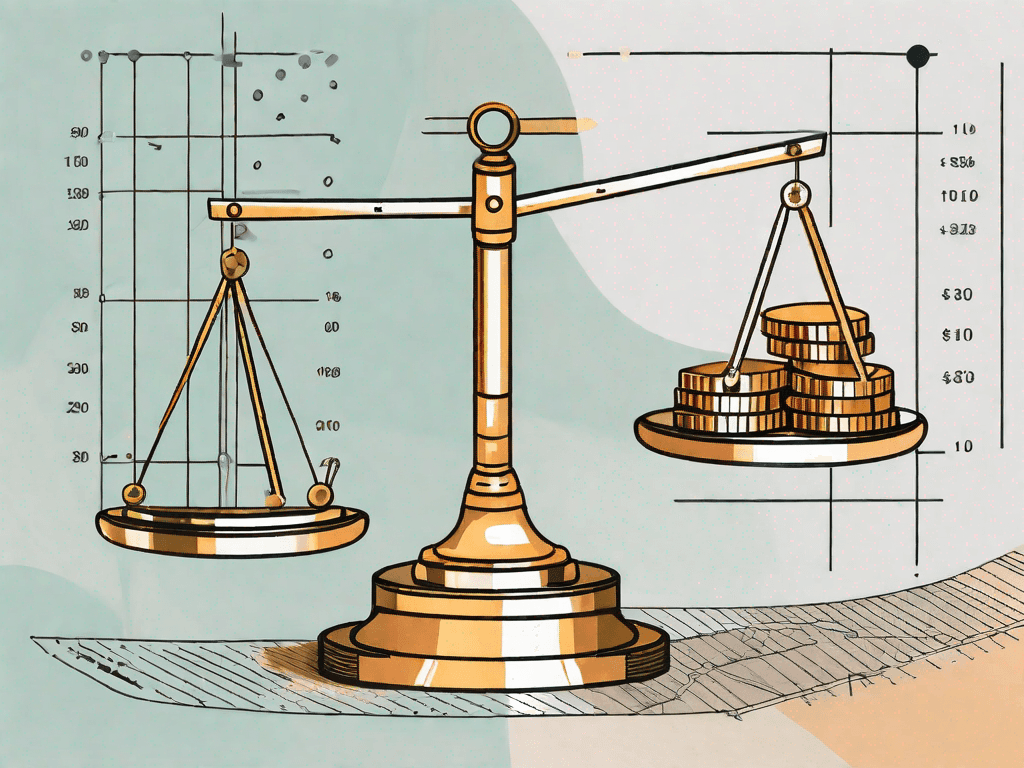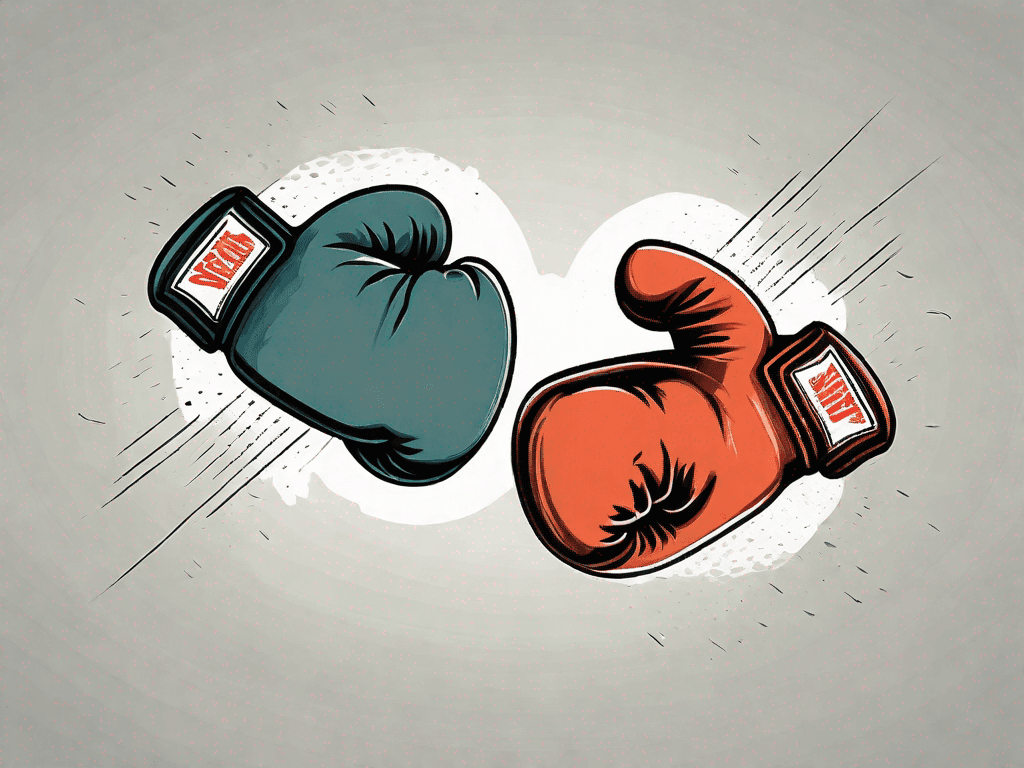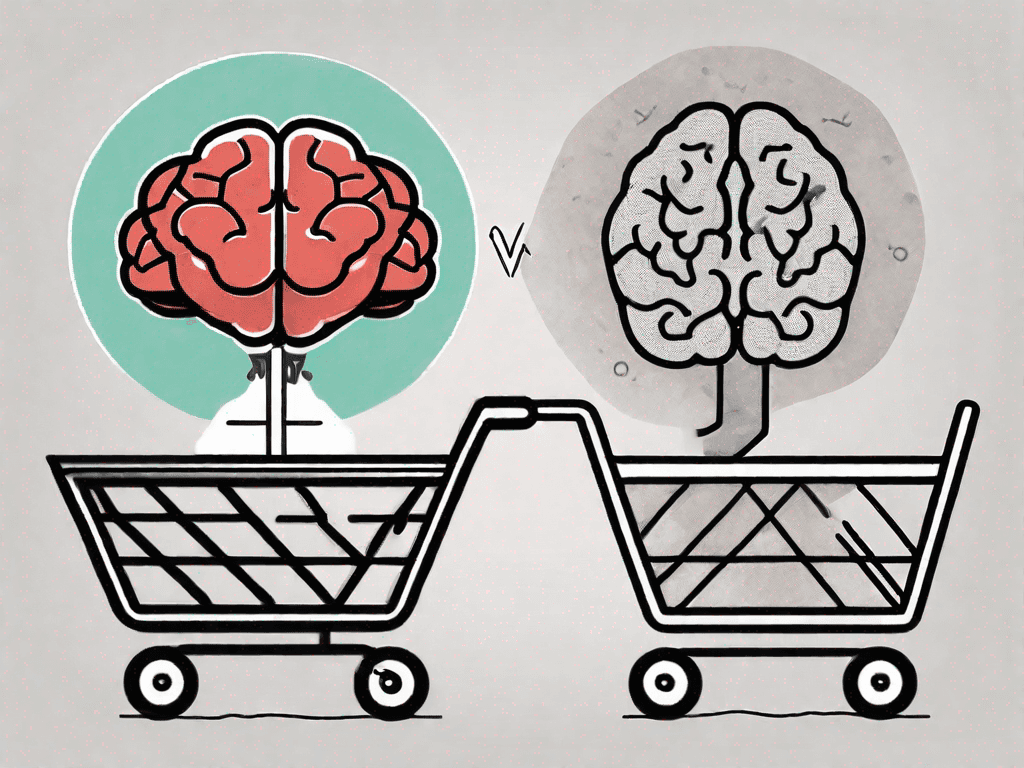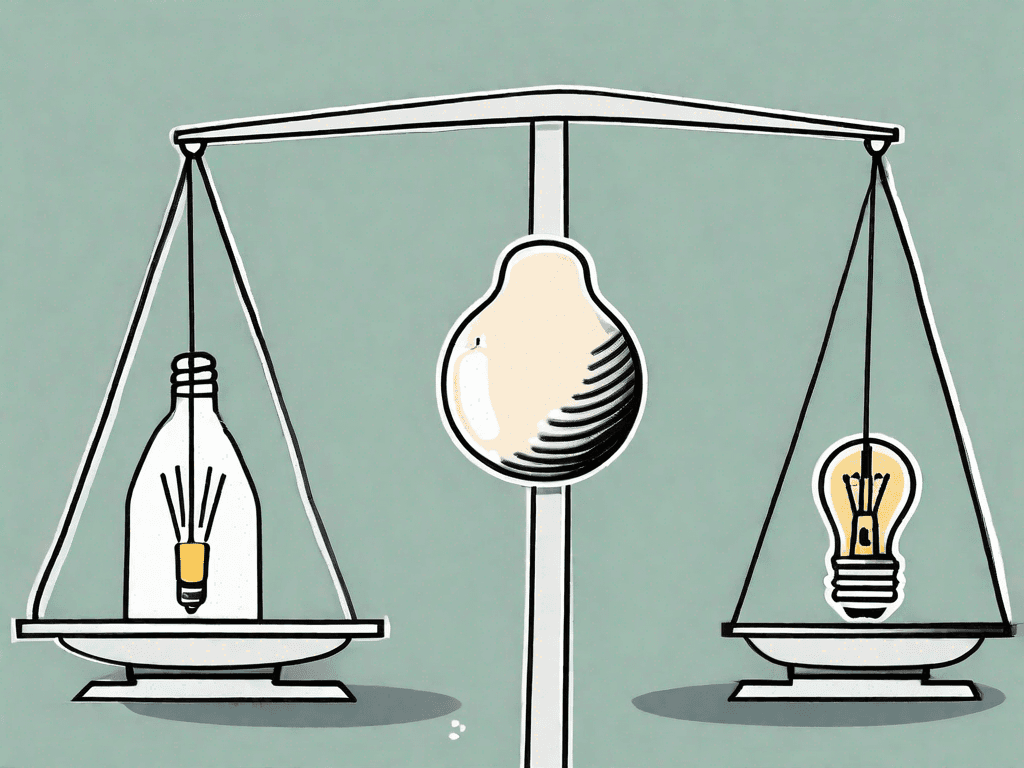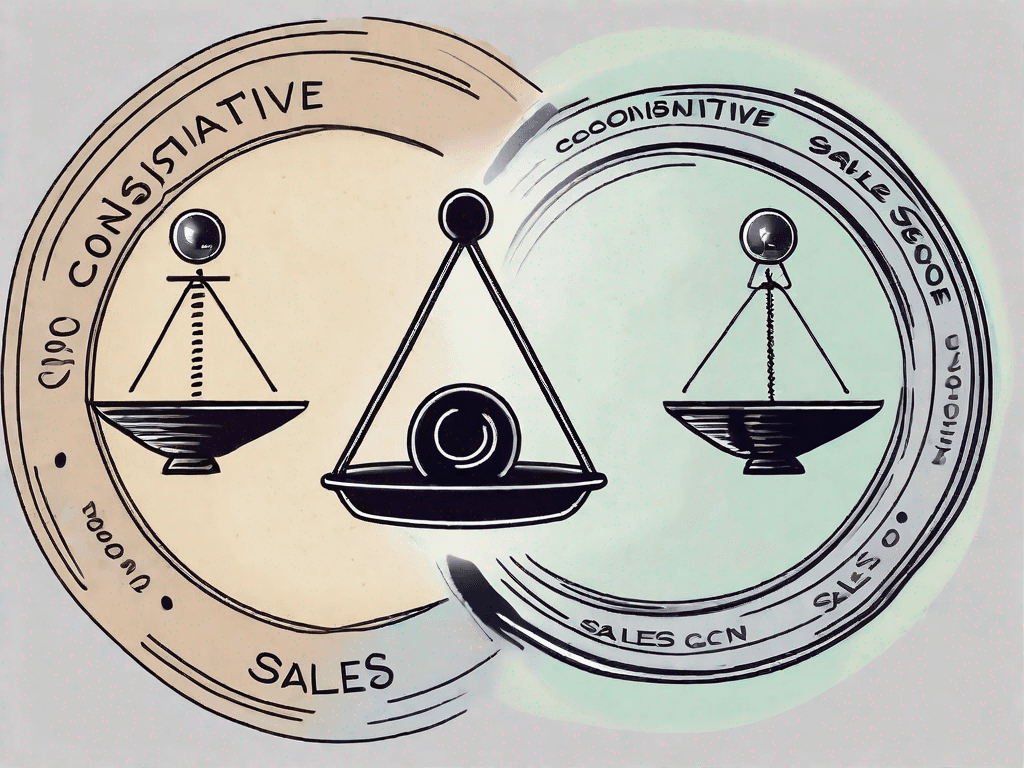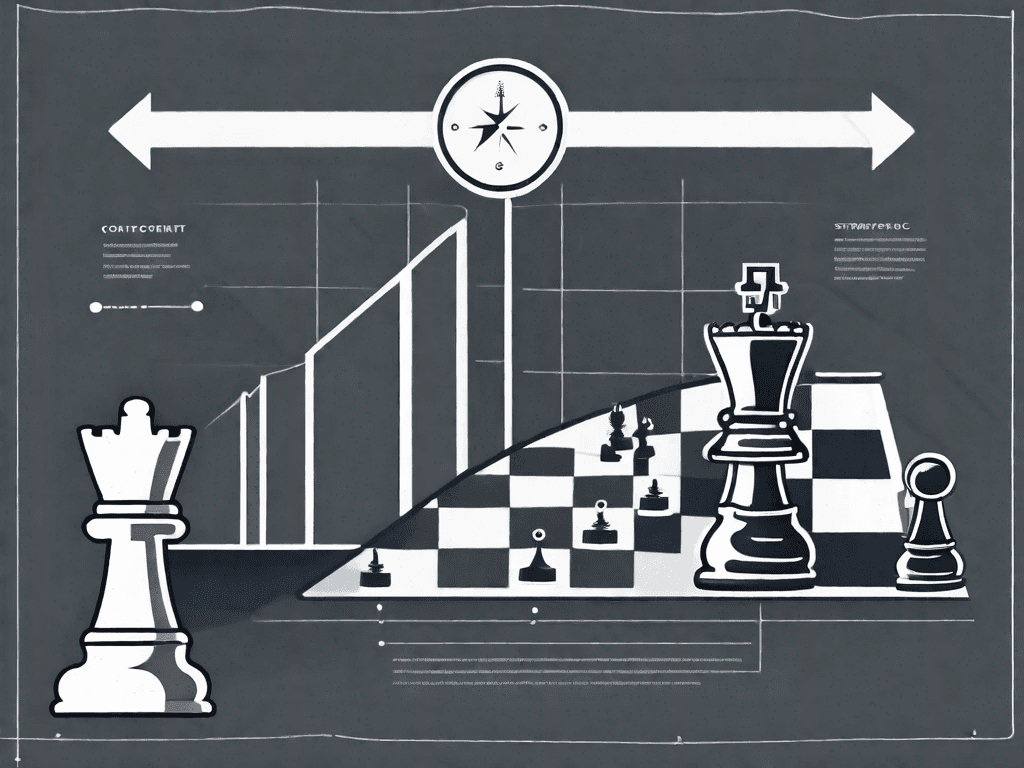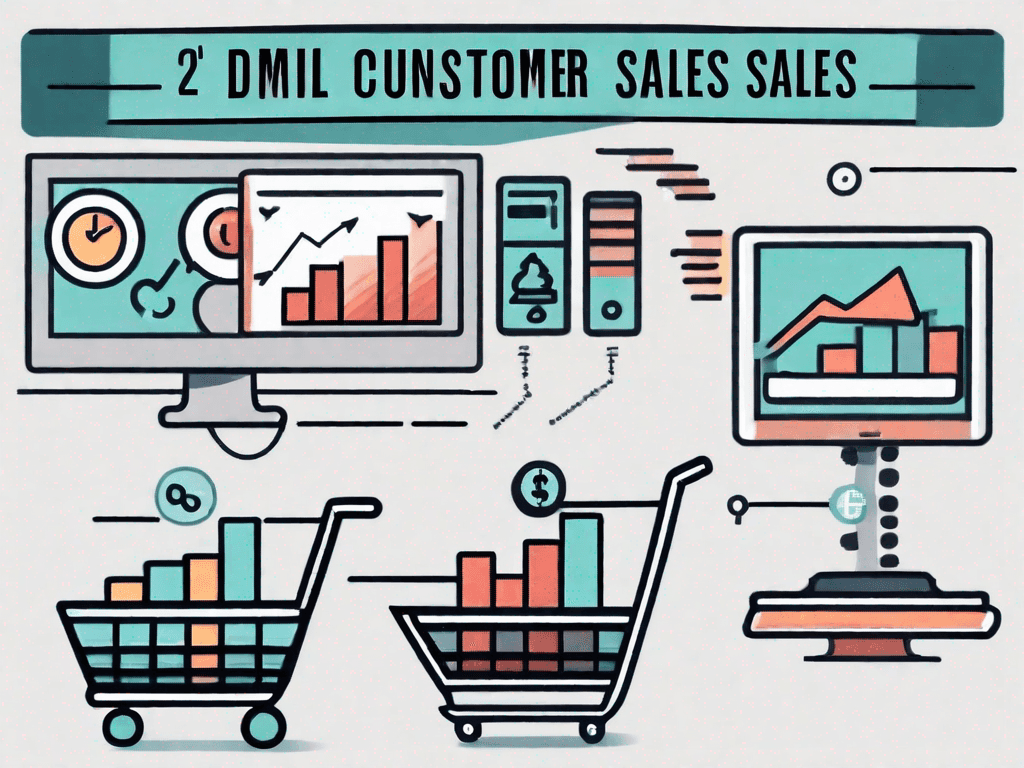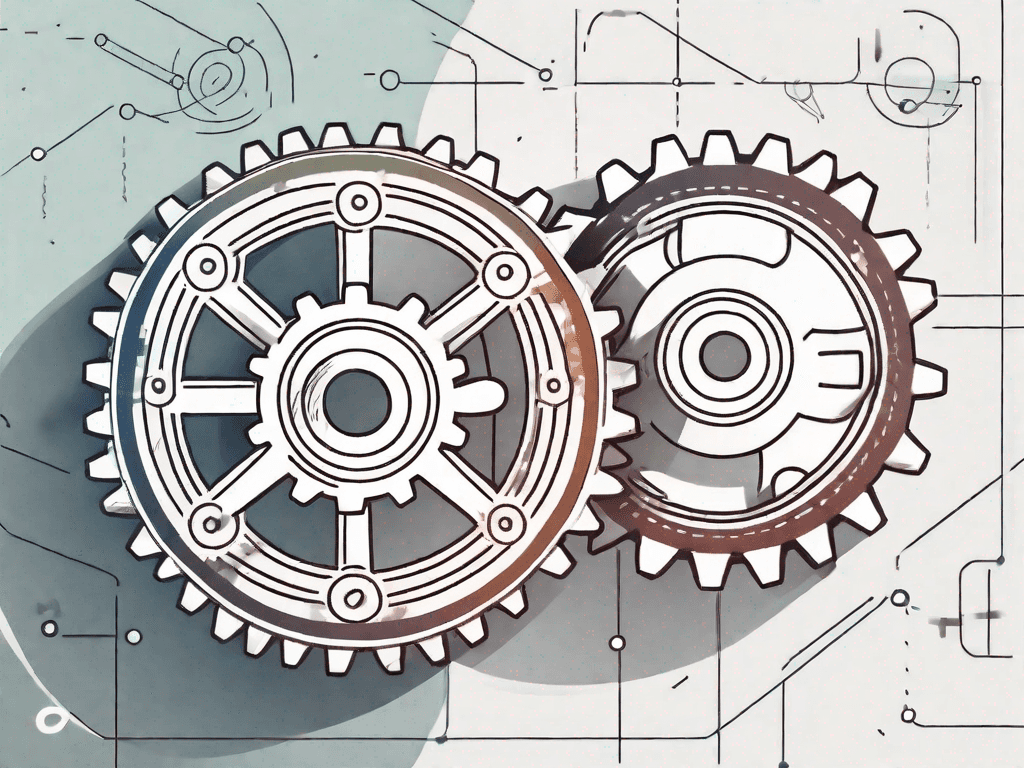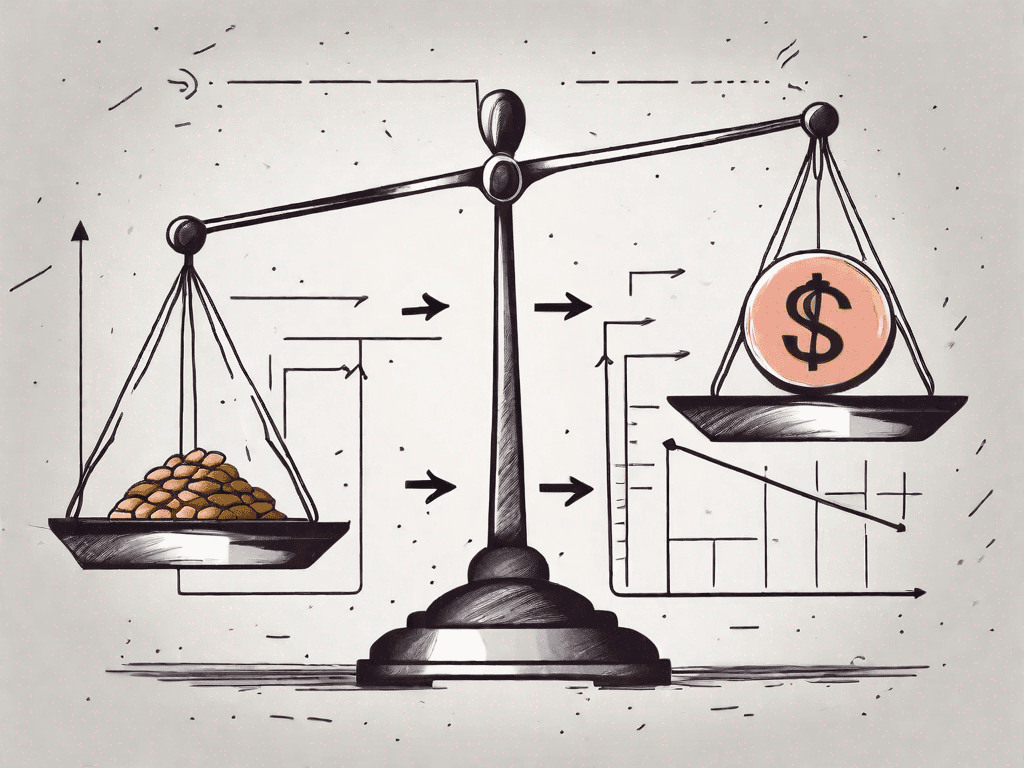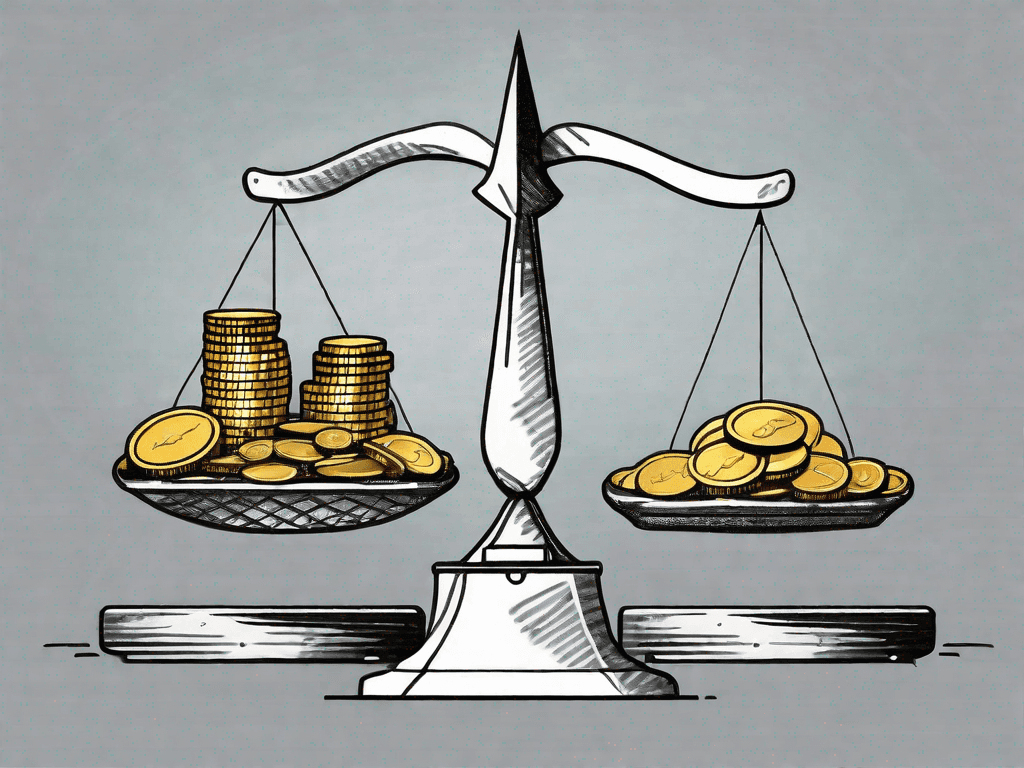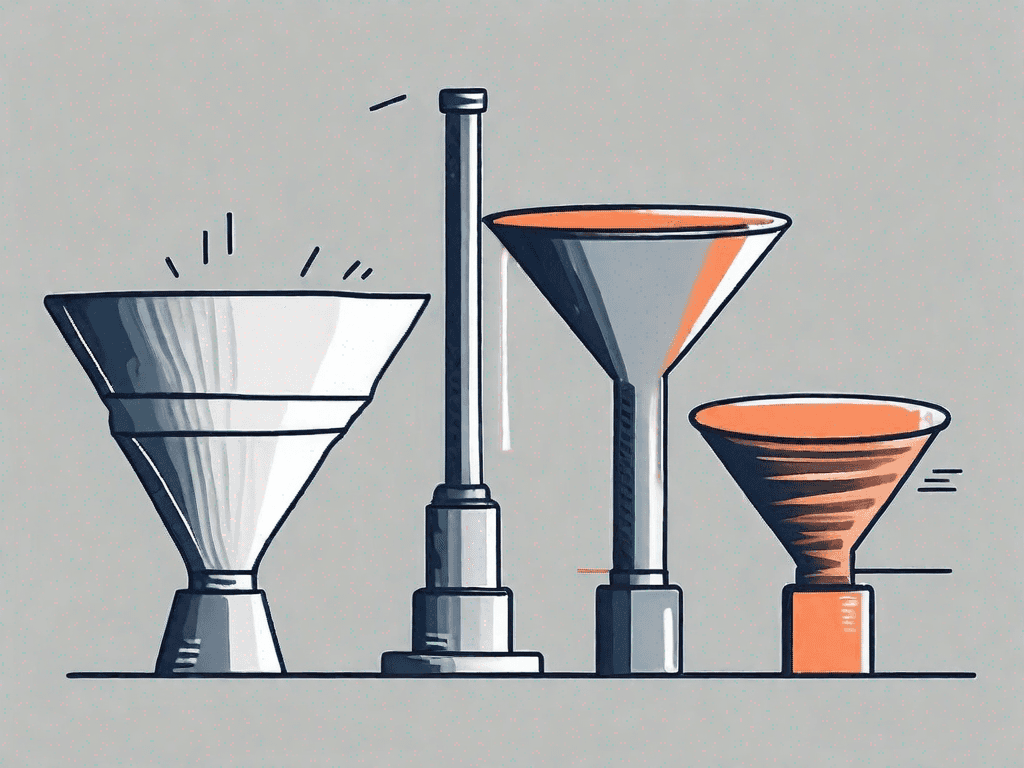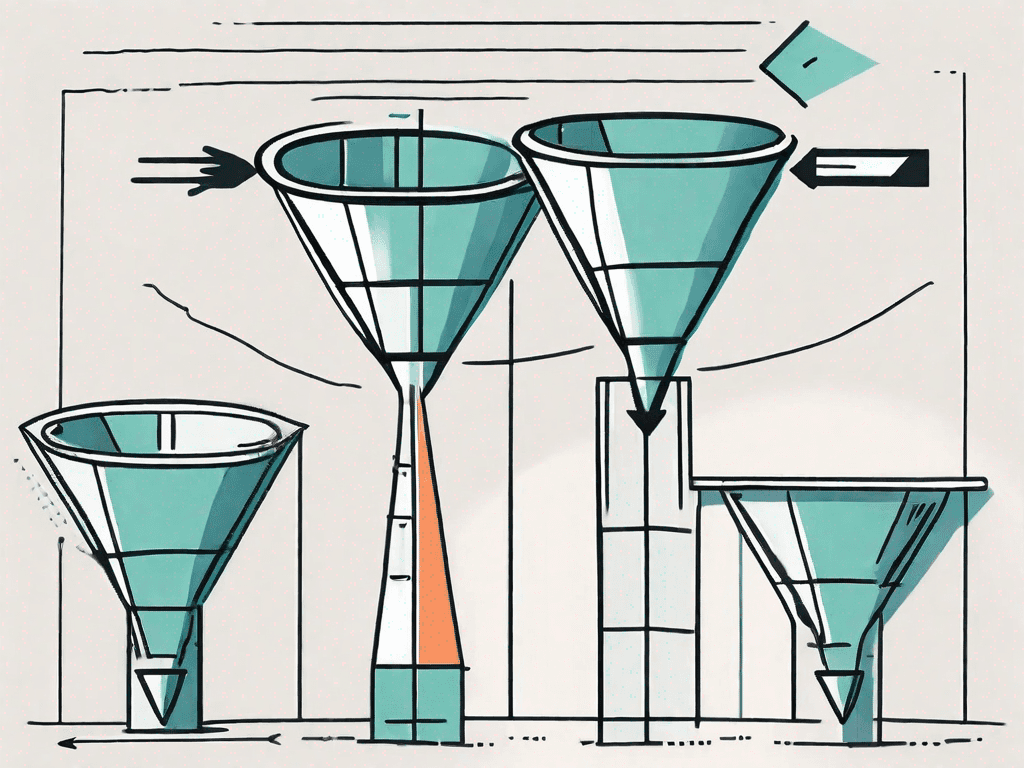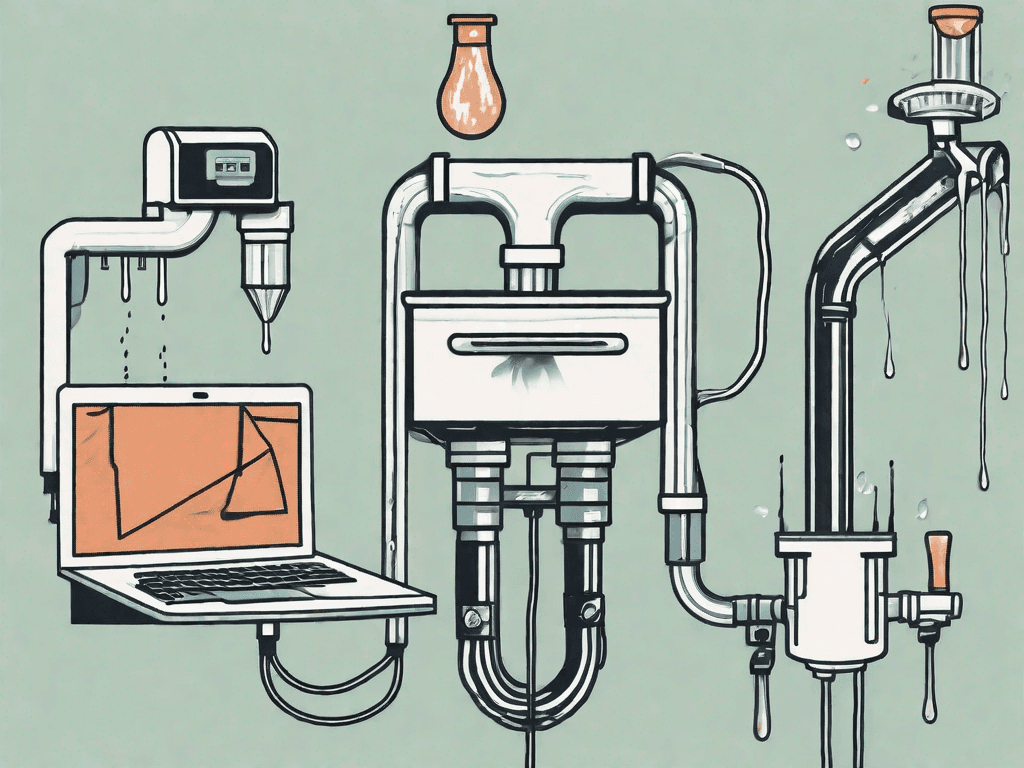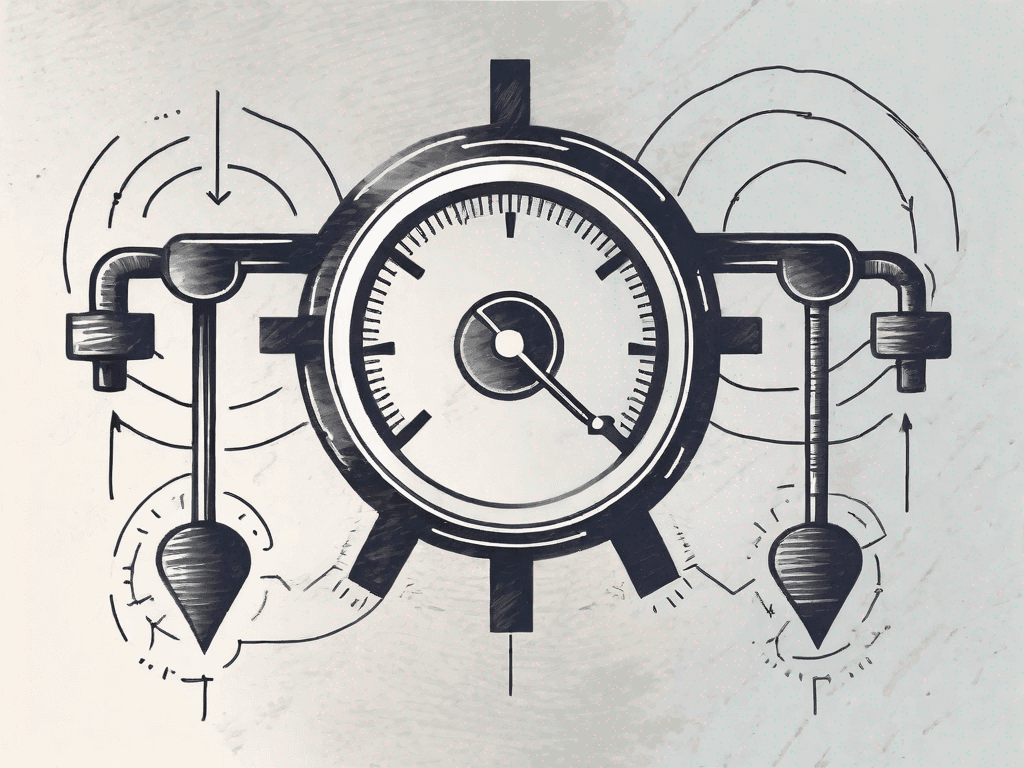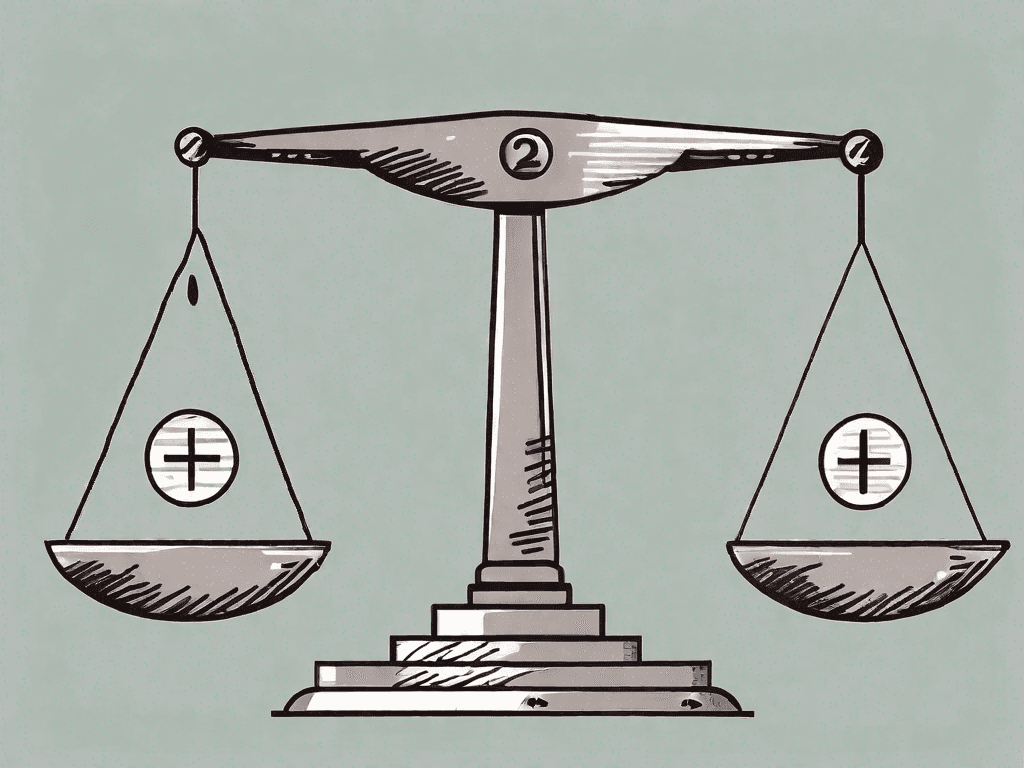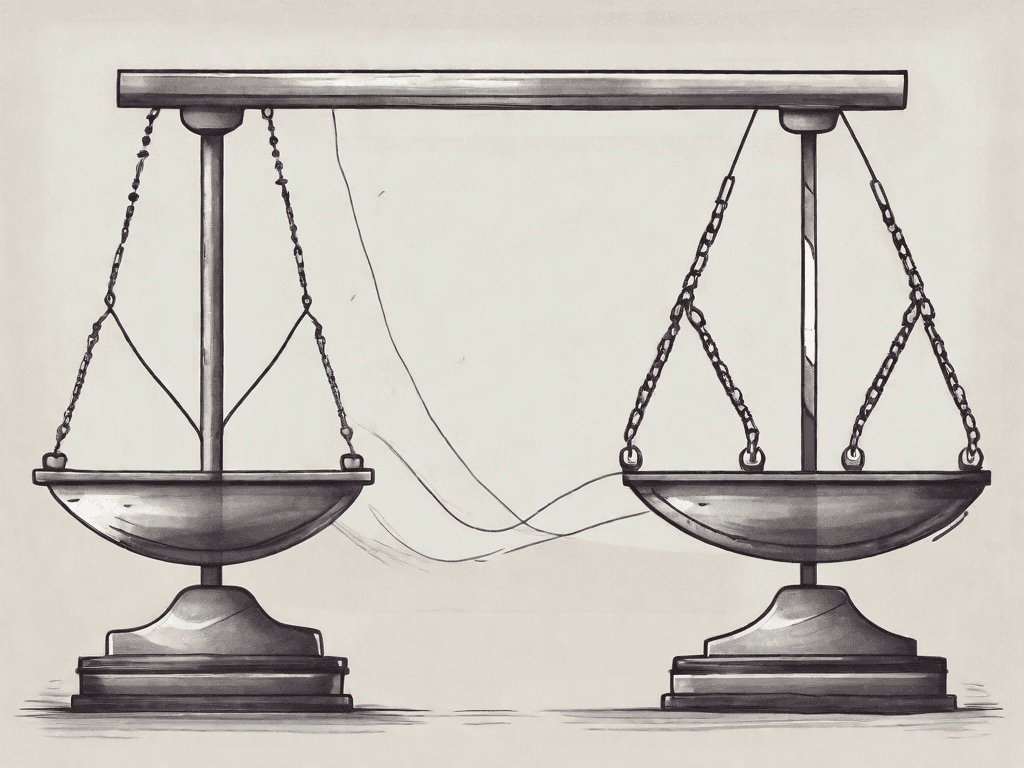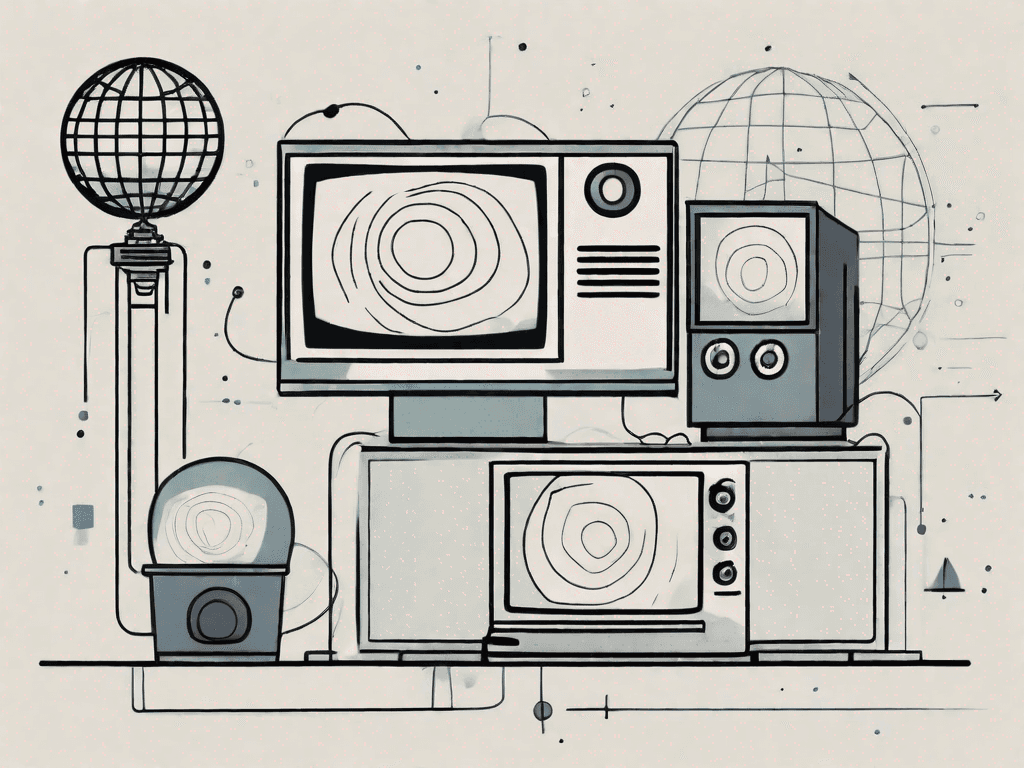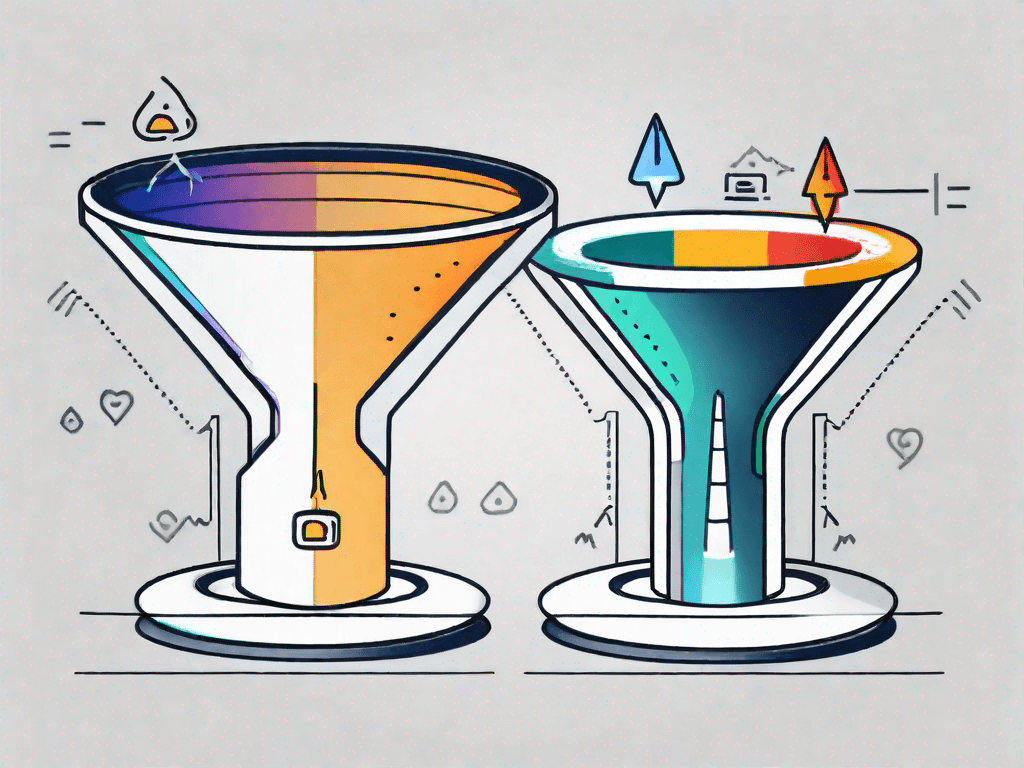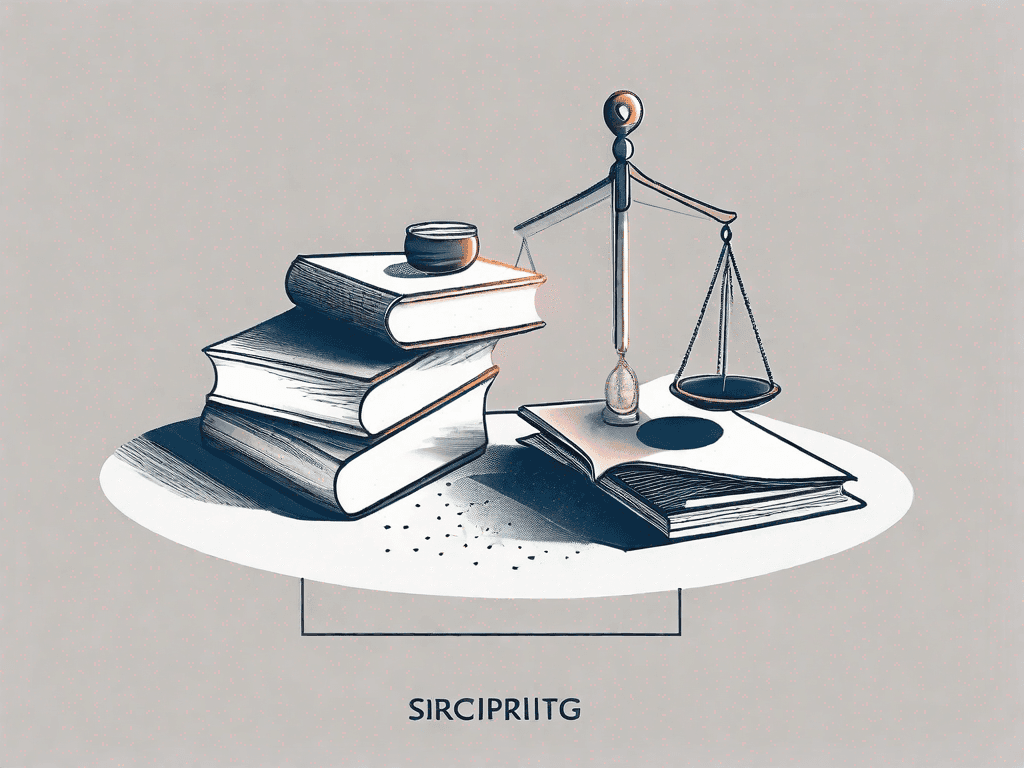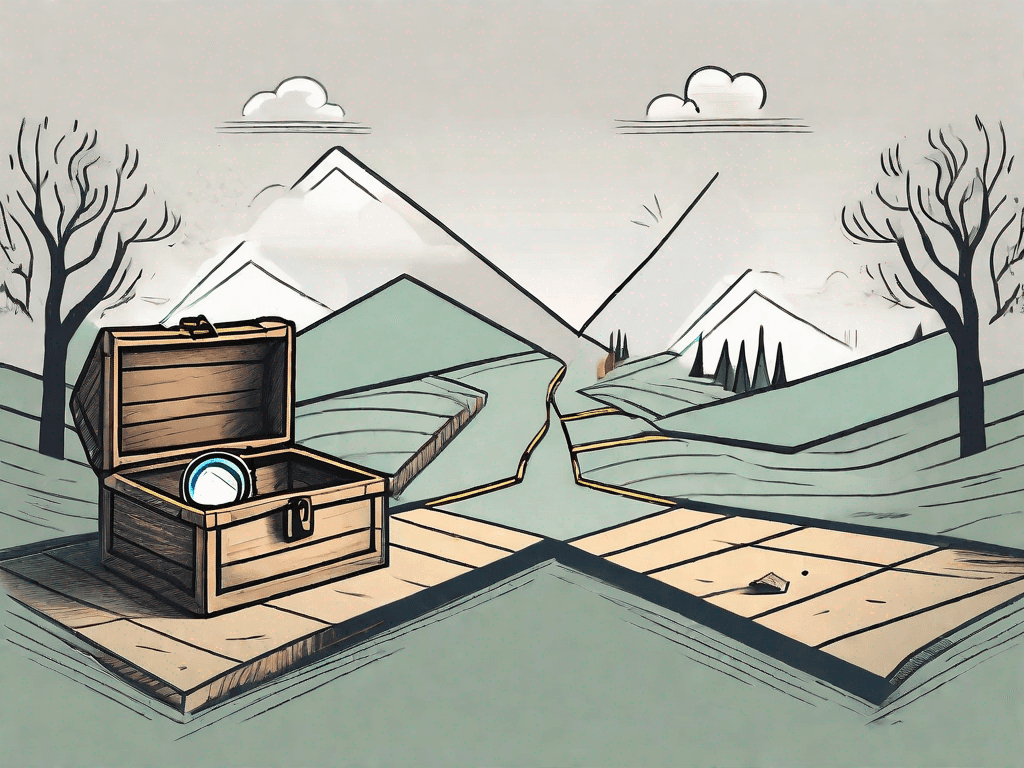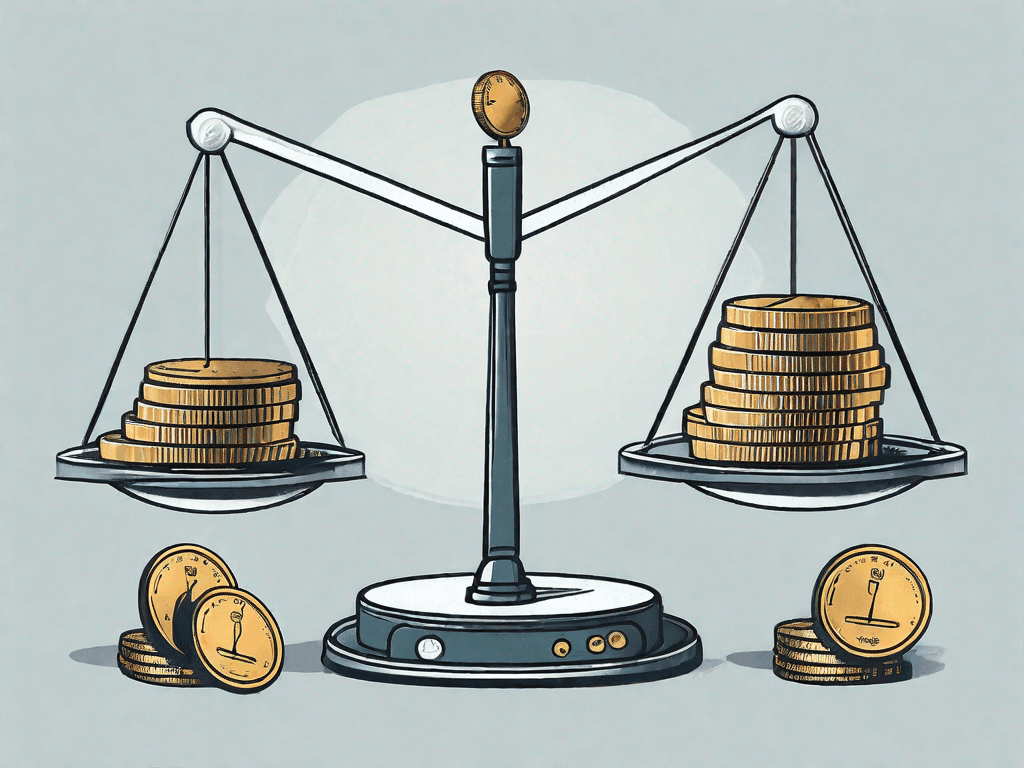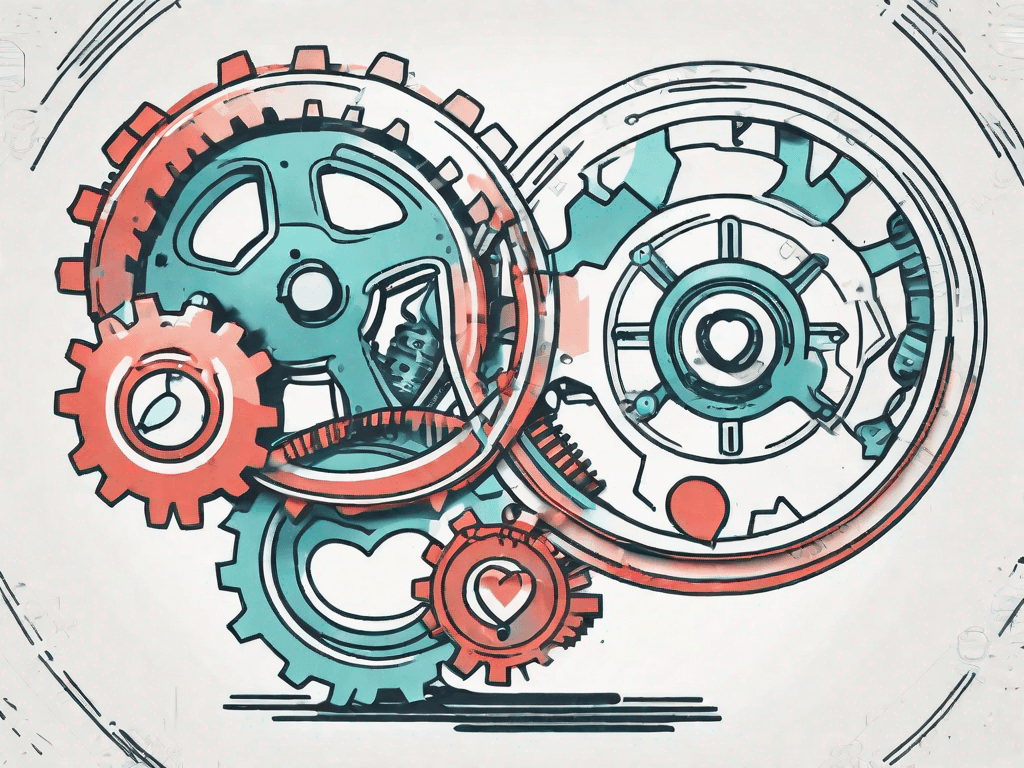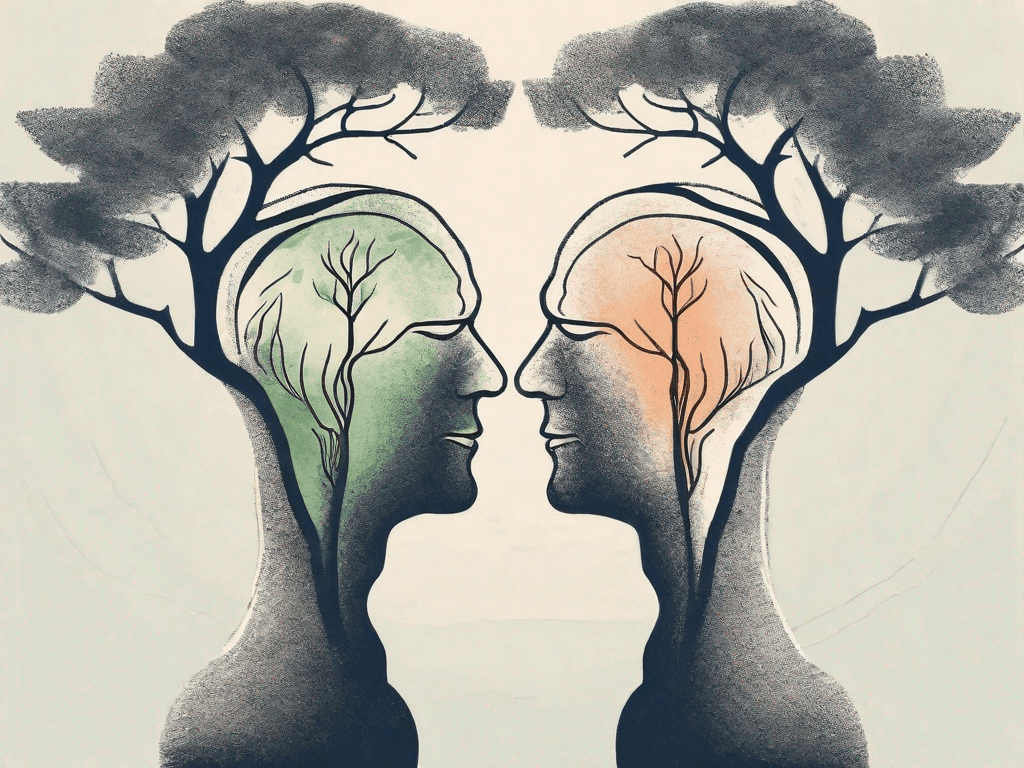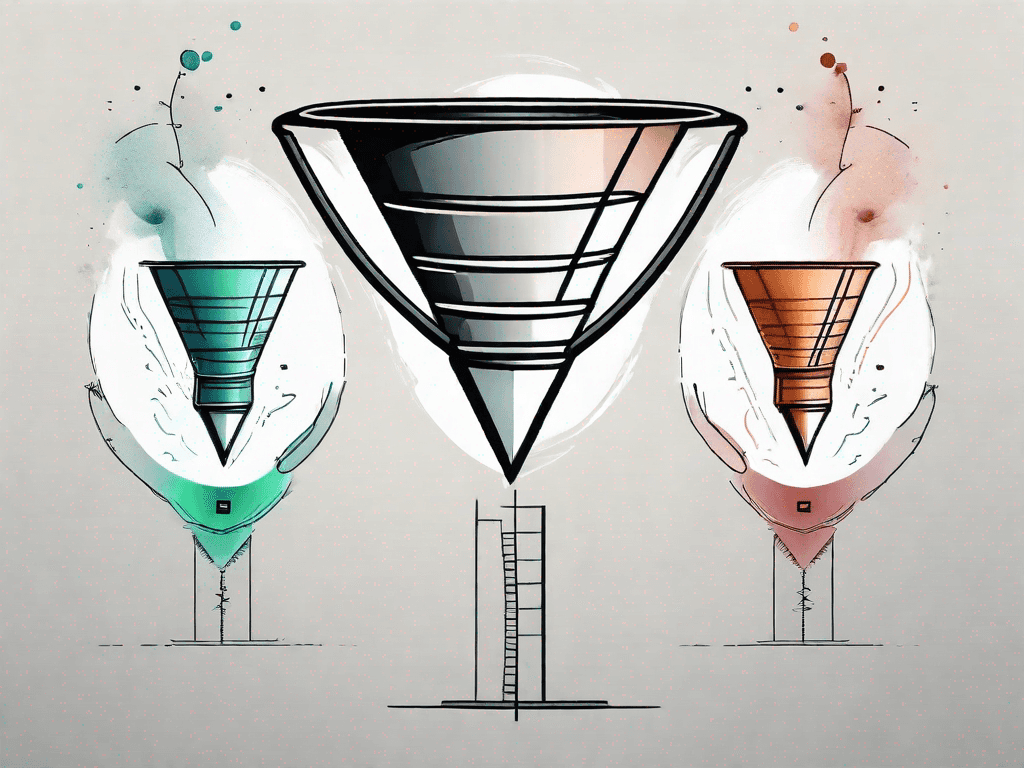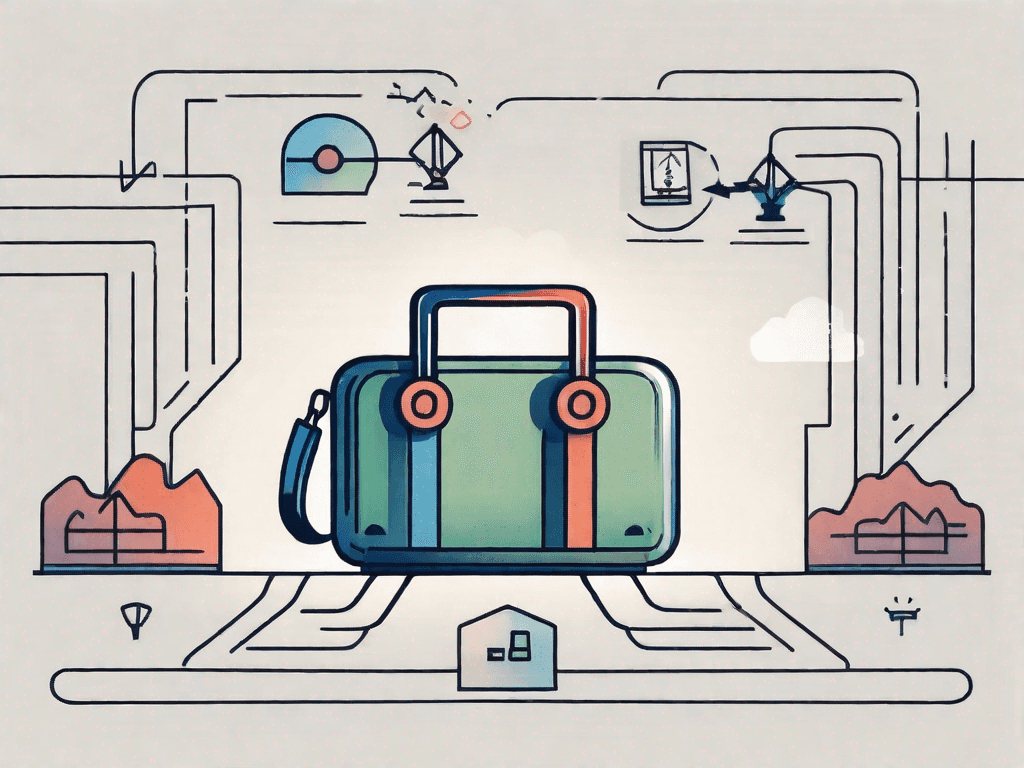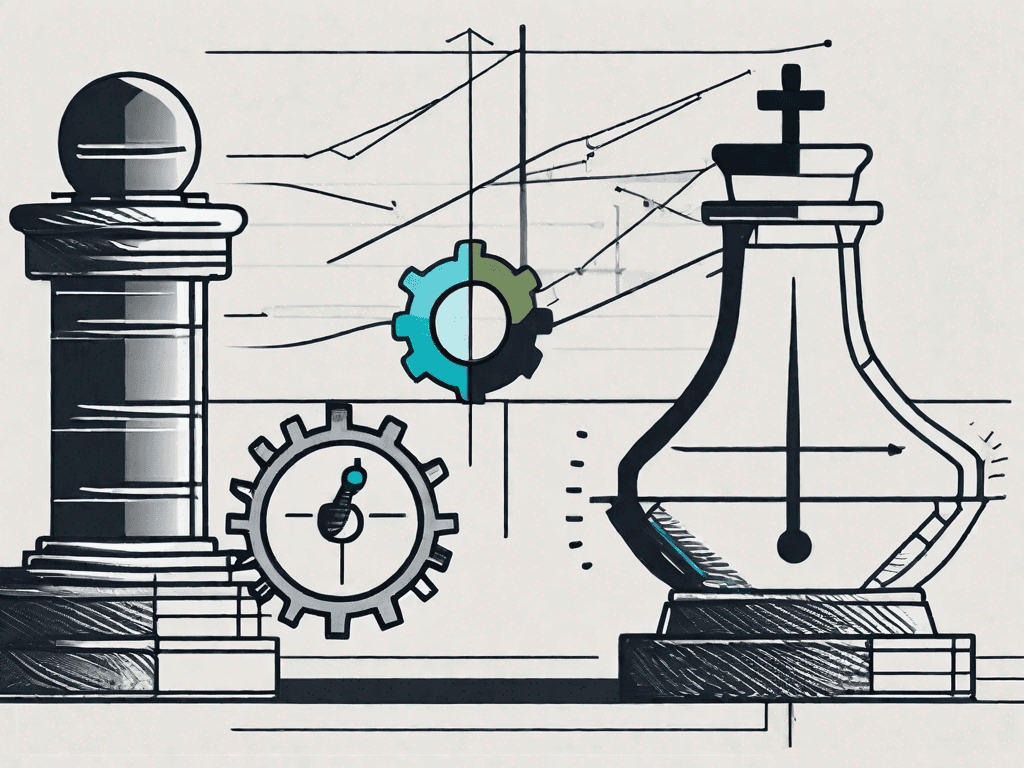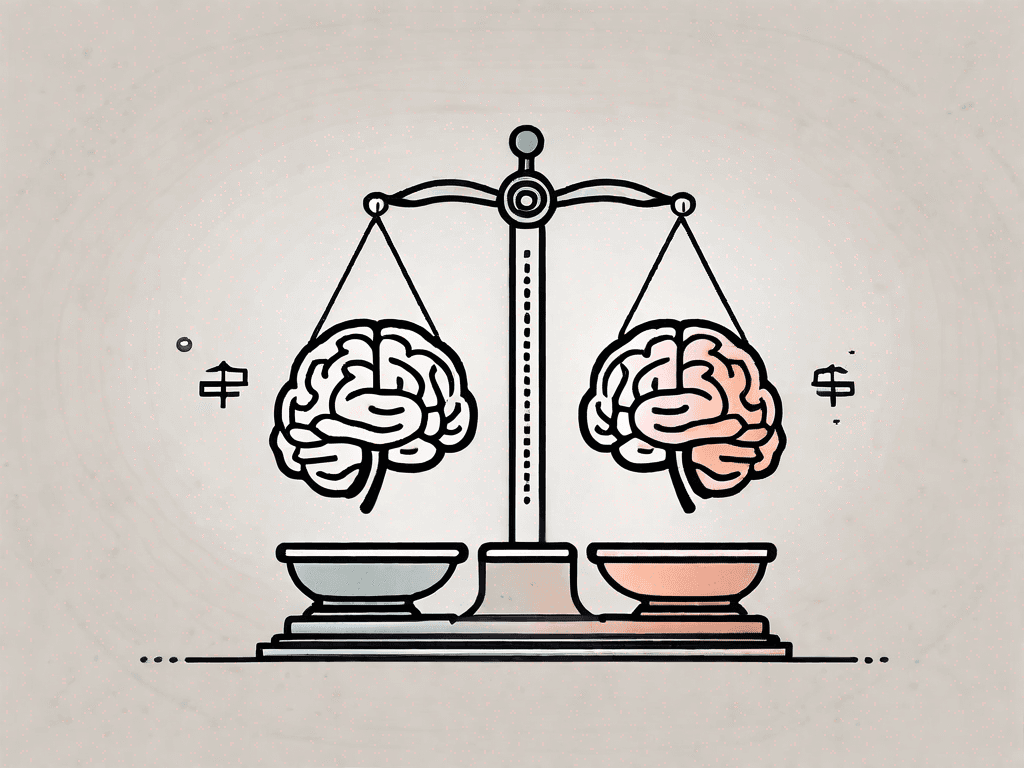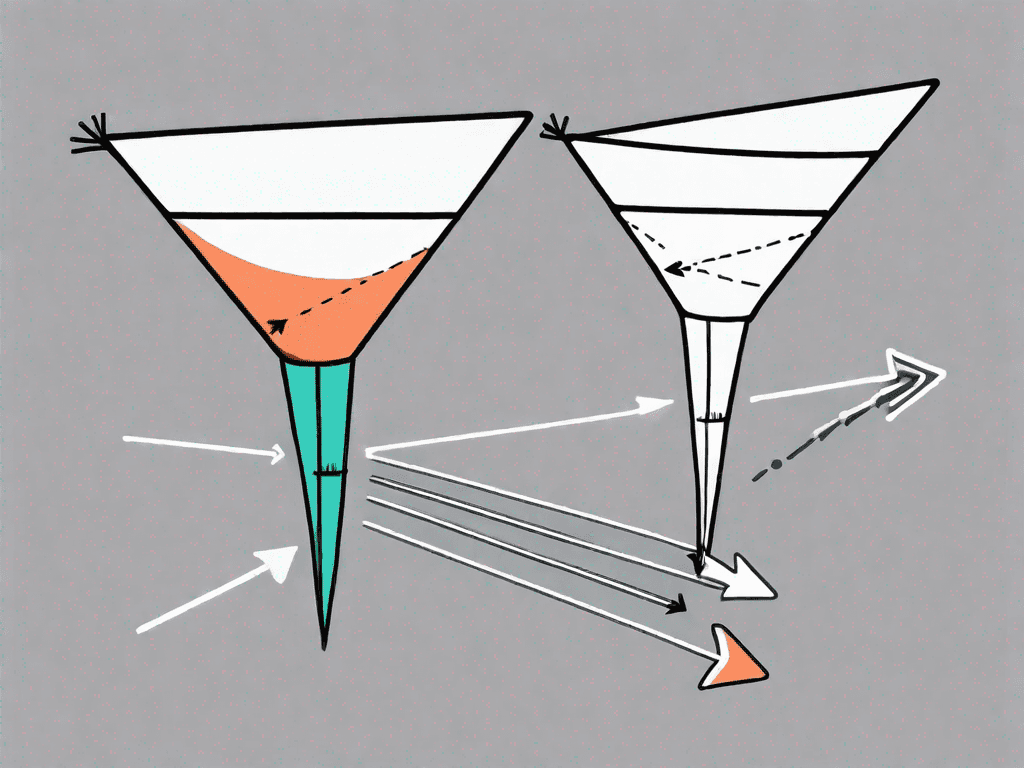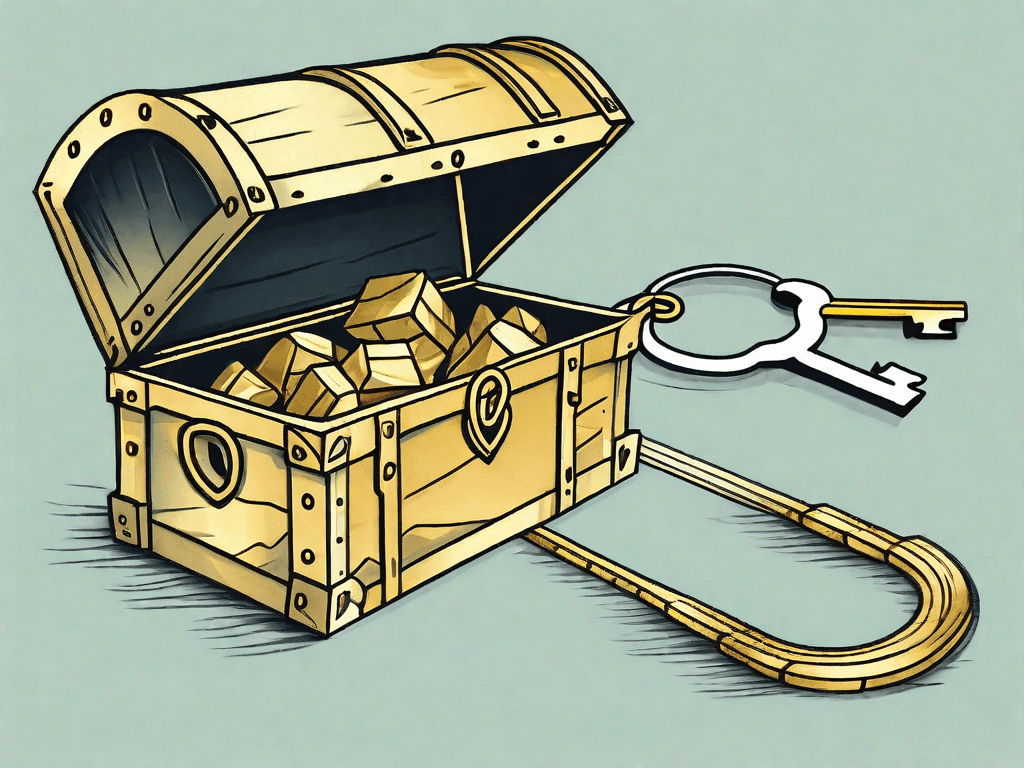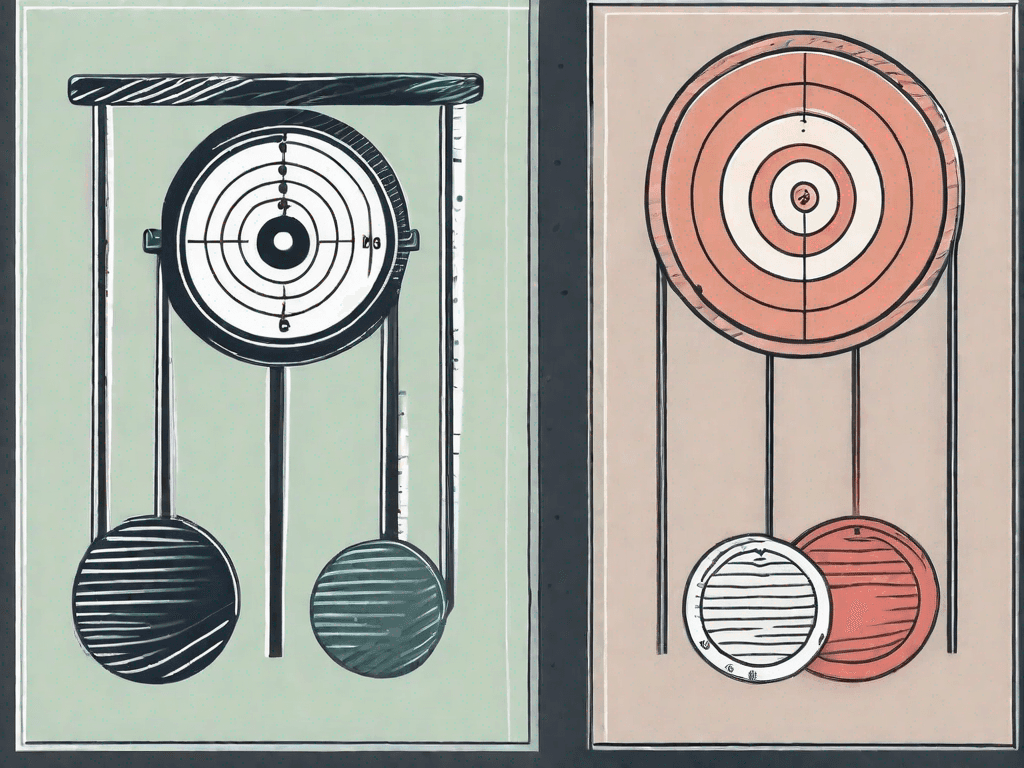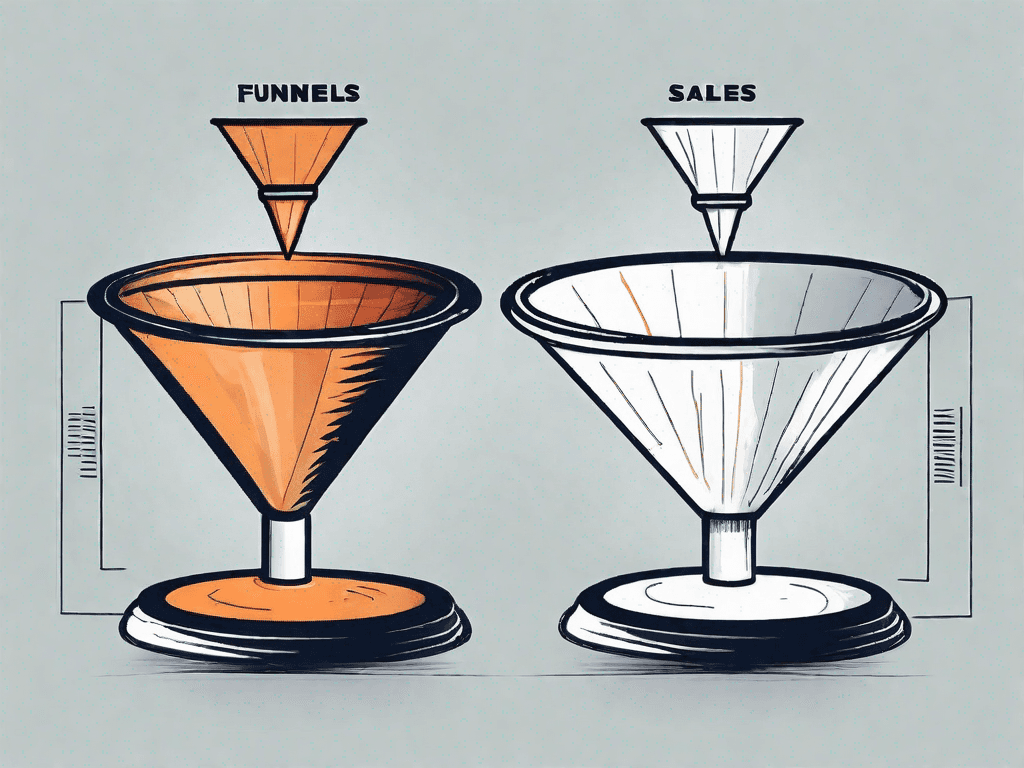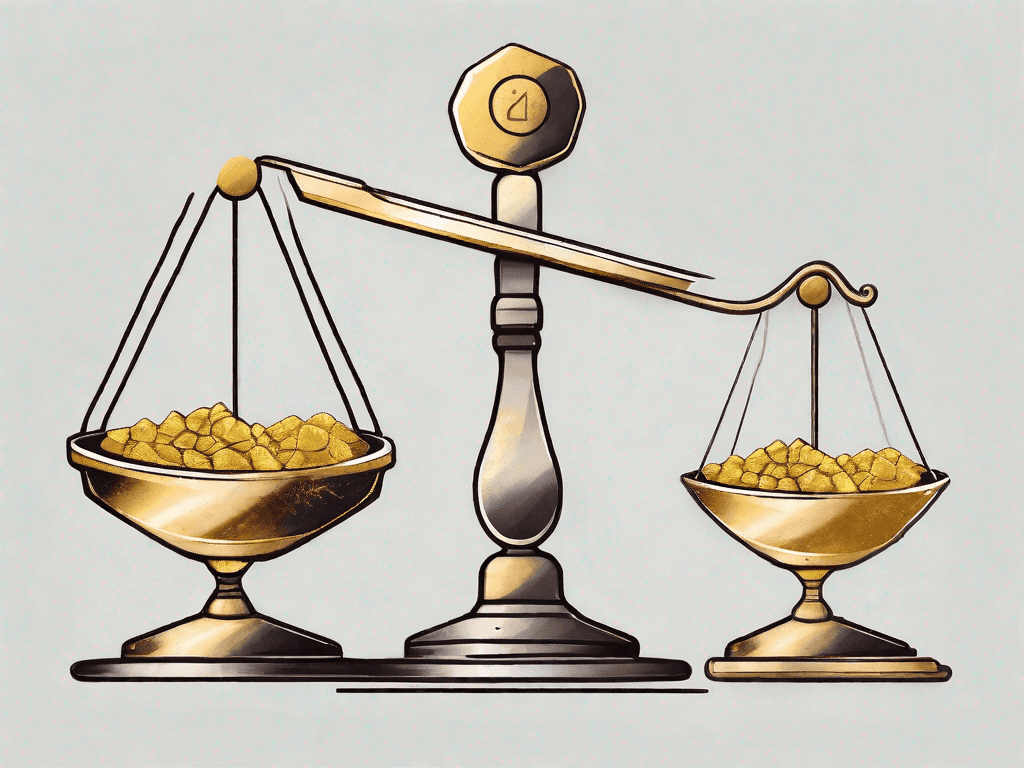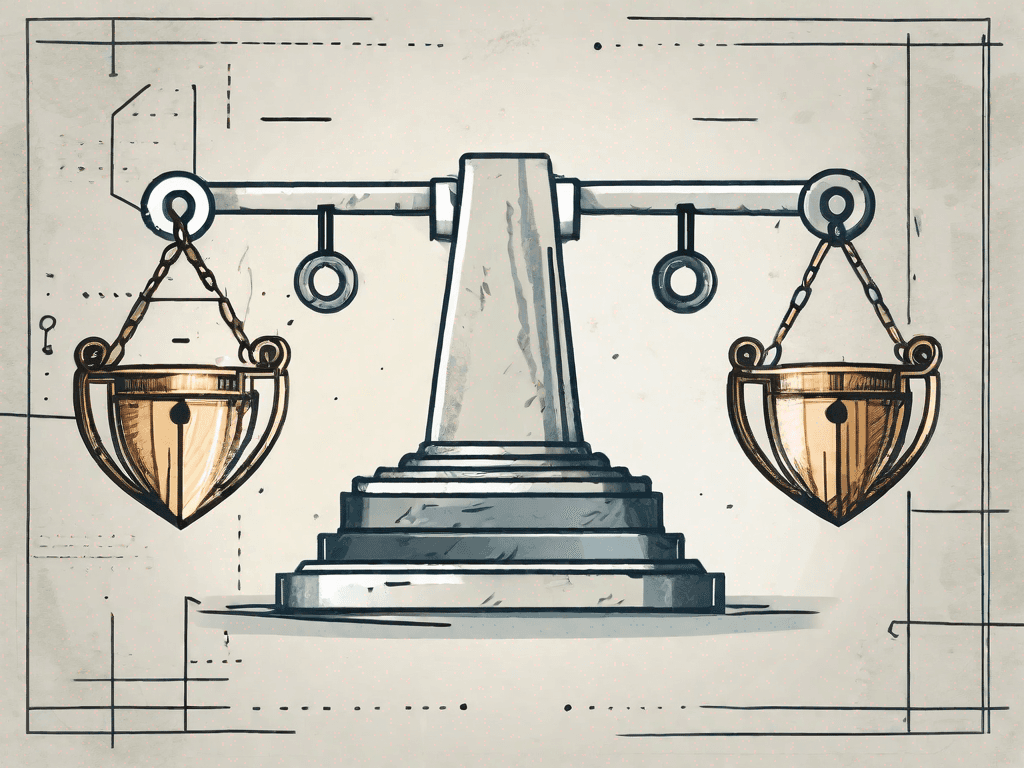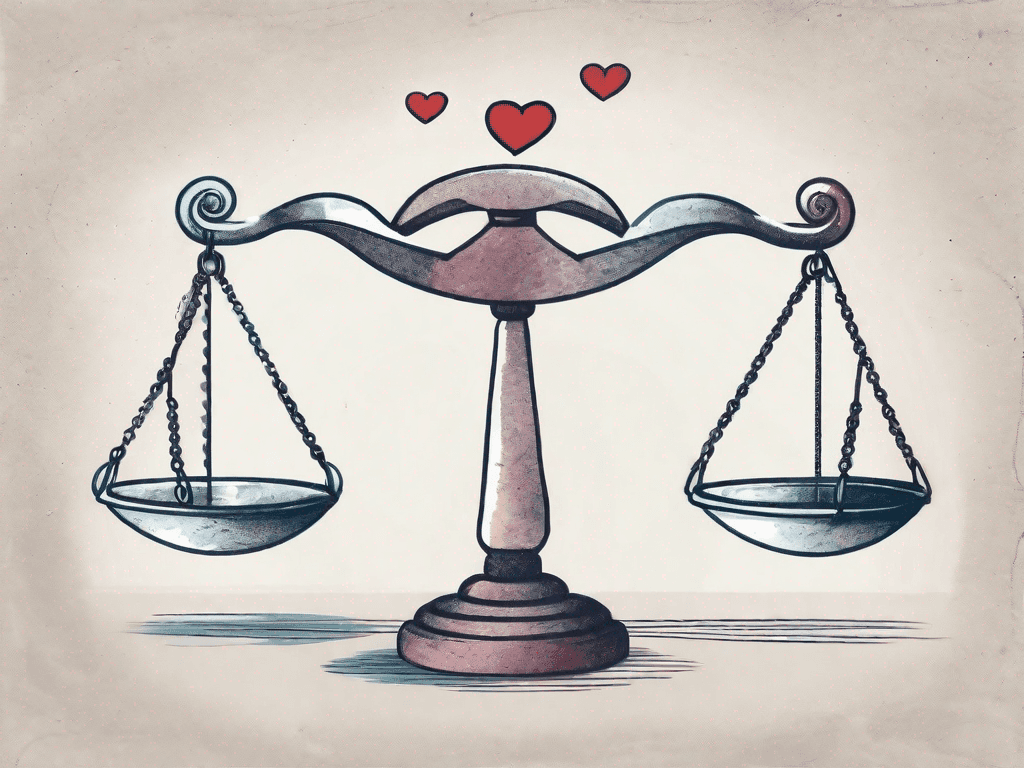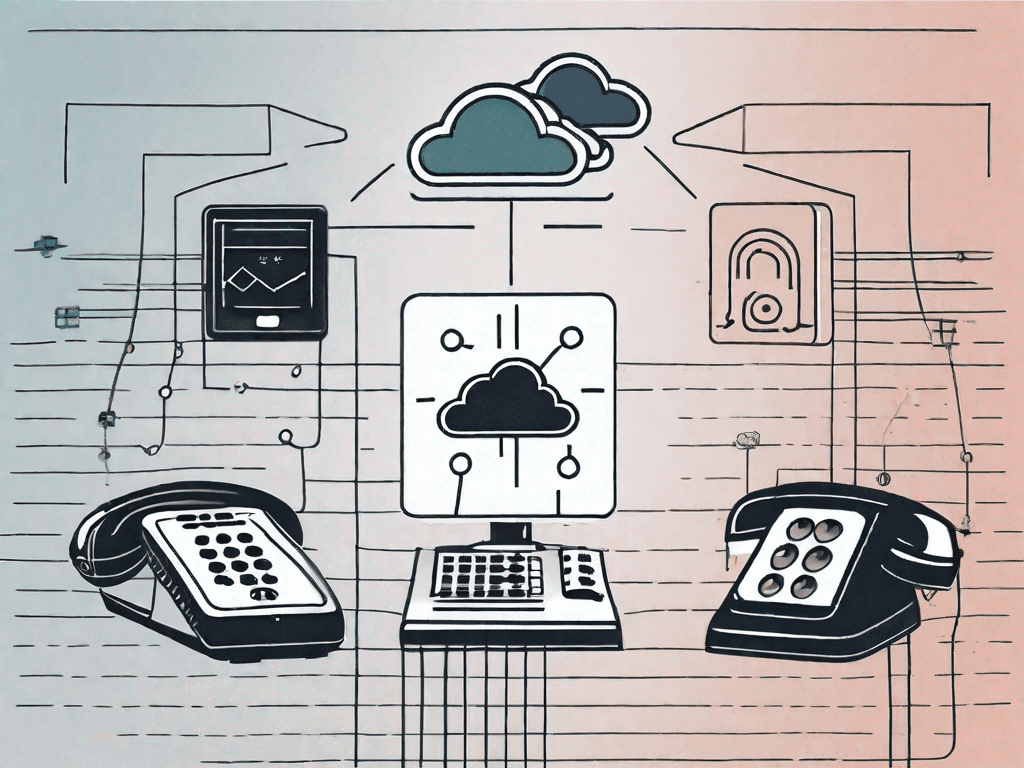
B2B Sales vs B2C Sales: What's the Difference?
In the world of commerce, sales play a crucial role in driving business growth and success. Two common types of sales strategies are B2B (business-to-business) and B2C (business-to-consumer) sales. While both aim to generate revenue, these approaches differ significantly in their target audience, processes, and objectives
Defining B2B Sales and B2C Sales
When it comes to the world of commerce, there are different types of sales that take place. Two common terms that you may come across are B2B sales and B2C sales. These terms refer to specific types of transactions and interactions between businesses and consumers. Let's take a closer look at what each of these terms means and how they differ from one another.
1.1 What is B2B Sales?
B2B sales, also known as business-to-business sales, involve transactions between two or more businesses. In this scenario, the buyer and the seller are both business entities rather than individual consumers. B2B sales often involve larger purchase volumes and longer sales cycles, as decision-making typically requires input from multiple stakeholders within the buying organization.
In the world of B2B sales, the relationships between businesses play a crucial role. Companies engage in B2B sales to acquire the products, services, or resources they need to operate and grow their own businesses. These transactions can take various forms, such as the purchase of raw materials, equipment, software, or professional services.
One of the key characteristics of B2B sales is the complexity involved in the decision-making process. Unlike B2C sales, where the buying decision is often made by an individual or a small group, B2B sales require the involvement of multiple stakeholders within the buying organization. These stakeholders may include executives, managers, procurement teams, and even end-users who will be directly impacted by the purchase.
Furthermore, B2B sales often involve negotiations and the establishment of long-term relationships between businesses. Building trust and delivering value are essential in B2B sales, as companies aim to establish partnerships that can lead to mutual growth and success.
1.2 What is B2C Sales?
B2C sales, on the other hand, refer to business-to-consumer sales. This type of sales focuses on selling products or services directly to individual consumers. B2C sales are usually characterized by smaller purchase volumes and shorter sales cycles since the buying decision is generally made by one person or a small group of individuals.
In the world of B2C sales, businesses aim to understand and cater to the needs and preferences of individual consumers. They create marketing strategies and campaigns that target specific consumer segments, aiming to capture their attention and persuade them to make a purchase.
Unlike B2B sales, where the decision-making process can be complex and involve multiple stakeholders, B2C sales often rely on emotional appeals and impulse buying. Companies invest in advertising, branding, and customer experience to create a connection with consumers and encourage them to choose their products or services over competitors.
Furthermore, B2C sales often involve a higher volume of transactions compared to B2B sales. Individual consumers make purchases for personal use, ranging from everyday products like clothing and groceries to larger investments such as electronics or vacations.
In recent years, the rise of e-commerce and online marketplaces has significantly impacted B2C sales. Consumers now have the convenience of shopping from the comfort of their homes, with access to a wide range of products and services from various sellers. This shift has led businesses to adapt their strategies and invest in digital marketing and online sales channels to reach and engage with consumers effectively.
As you can see, B2B sales and B2C sales are two distinct approaches to commerce, each with its own characteristics and considerations. Understanding these differences is essential for businesses to tailor their sales strategies and effectively engage with their target audience, whether it be other businesses or individual consumers.
What's the difference between B2B Sales and B2C Sales?
Now that we have defined B2B and B2C sales, let's delve into the key differences between these two approaches:
Target Audience: B2B sales primarily target businesses and organizations, while B2C sales focus on individual consumers. B2B sales involve selling products or services that cater to the needs of other businesses, such as office supplies, software solutions, or raw materials. In contrast, B2C sales involve selling products or services directly to individual consumers for personal use, such as clothing, electronics, or food products.
Sales Process Complexity: B2B sales typically entail more complex sales processes. As business transactions often require customized solutions or long-term contracts, B2B sales involve multiple stages, including lead generation, needs assessment, proposal creation, negotiations, and contract finalization. Conversely, B2C sales usually follow simpler processes, often involving product presentation, price comparison, and immediate purchase decisions.
Decision-Making Dynamics: B2B sales involve multiple decision-makers within an organization. Purchasing decisions in the B2B context are generally made by committees or teams where different individuals have various roles and responsibilities. In contrast, B2C sales usually involve individual consumers who make purchase decisions on their own, considering their personal preferences, needs, and budget.
Relationship Building: Building strong relationships with clients is crucial in both B2B and B2C sales. However, in B2B sales, the focus is more on establishing long-term partnerships with businesses. B2B salespersons often engage in relationship-building activities to foster trust, provide ongoing support, and deliver value beyond the initial sale. B2C sales, on the other hand, may prioritize shorter-term transactions, although customer retention and loyalty are still essential.
Examples of the Difference between B2B Sales and B2C Sales
2.1 Example in a Startup Context
Consider a startup that develops software solutions. To generate revenue, the startup could adopt both B2B and B2C sales approaches. In B2B sales, the startup could target businesses, offering tailored software solutions to streamline their operations and enhance productivity. Conversely, in B2C sales, the startup could market user-friendly software applications directly to individual consumers for personal use.
2.2 Example in a Consulting Context
A consulting firm provides expert advice to businesses and individuals. In a B2B sales scenario, the firm could offer consultancy services to organizations seeking professional guidance on specific areas, such as finance, marketing, or operations. On the other hand, in a B2C sales approach, the consulting firm might offer personalized coaching or mentoring services directly to individuals who want to enhance their skills or overcome personal challenges.
2.3 Example in a Digital Marketing Agency Context
A digital marketing agency specializes in helping businesses improve their online presence and attract customers. In B2B sales, the agency could target businesses looking to outsource their digital marketing activities, offering comprehensive strategies to enhance brand visibility and drive leads. In B2C sales, the agency might develop digital marketing campaigns specifically targeting individual consumers, with the aim of increasing their engagement with clients' products or services.
2.4 Example with Analogies
An analogy to differentiate B2B and B2C sales is to compare them to the roles of a corporate lawyer and a personal injury lawyer, respectively. A corporate lawyer engages in complex legal matters involving contracts, mergers, or intellectual property issues, targeting business clients. Conversely, a personal injury lawyer works directly with individual clients to seek compensation for injuries or accidents. Just as the two types of lawyers have distinct clients and legal matters, B2B and B2C sales also differ in their target audiences and sales processes.
As we can see, while both B2B and B2C sales involve revenue generation, their differences lie in the target audience, sales process complexity, decision-making dynamics, and relationship-building approach. Understanding these distinctions is crucial for businesses to tailor their sales strategies effectively and maximize their success in their respective markets.



